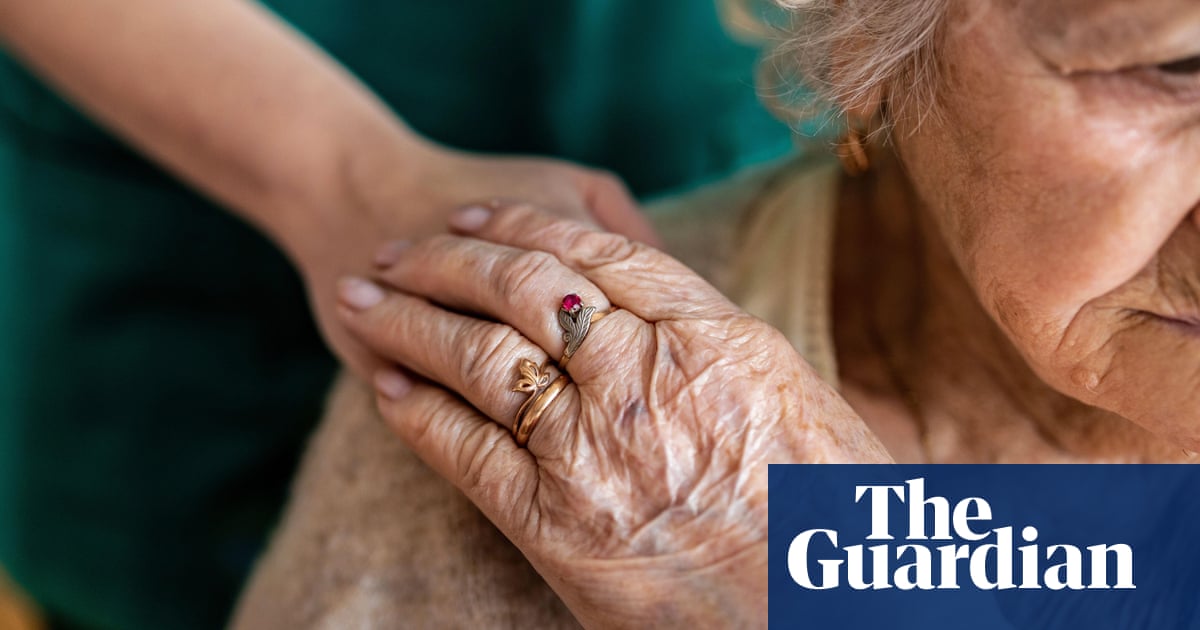
Amani Mneimneh, 21, has drawn praise for taking up the job as the country’s economy collapses
Struggling for work, Amani defied social pressure and increasingly hostile atmosphere on the roads and started work at a station
BEIRUT: Amid Lebanon’s fuel shortage crisis, a young woman has emerged as a symbol of hope as possibly the country’s only female petrol pump attendant.
Amani Mneimneh, 21, defies social taboos when each day she rolls up her sleeves and helps refuel drivers’ cars.
Lebanon has been suffering massive fuel shortages as the country slides deeper into economic collapse.
Long queues outside petrol stations have sparked brawls, traffic jams, accidents and even gunfights.
Aside from the fuel crisis, most people are not used to seeing women fill their tanks in what many Lebanese would consider a job for men.
Amani Mneimneh, 21, has drawn praise for taking up the job of a gas station operator as Lebanon’s economy collapses (Supplied)
Two weeks ago, and struggling for work, Mneimneh defied social pressure, along with the increasingly hostile atmosphere on the roads, and started work at Queen Station in the southern seaside city of Saida.
“I refuse to be branded by anyone,” Amani told Arab News. “I love this decent job that helps me earn my living,”
Mneimneh first worked at Queen Station in 2017 for a year after she attained her national diploma. At the time, the petrol station was the country’s only one staffed by women, but the ground-breaking business idea ran out of steam and the female staff slowly left.
“In 2017, five girls and I worked here … they couldn’t withstand the job requirements and challenges, unlike me, I stayed for a year then quit to study,” Mneimneh said.
She enrolled in an institute to study interior design but was unable to complete the course due to financial difficulties, so instead she studied hairstyling and worked in a salon.
She said Lebanon’s devastating and deteriorating economic situation, meant she was left needing work and that’s when she went back to Queen Station.
Her parents and five siblings support her to “the maximum.”
“I am grateful and proud of them … I am even prouder to be supporting mum and dad financially,” she said.
Last week, Hussein Taboush, an acquaintance of Amani, went to get petrol. When his turn came, he spotted Amani, who rushed shyly to hide inside. He brought her out and took photos of her working then posted them on his Facebook with a message praising her for being “hardworking, courageous and upright.”
Taboush"s post received an overwhelming reaction, with 11,000 likes, 1,300 shares and 1,700 comments.
“I had a couple of thousand followers on Facebook,” said Amani. “When Hussein posted the photos, I sarcastically asked him if he was going to make me famous.”
When she woke up the next day, her followers exceeding 10,800.
She said her phone was inundated with WhatsApp messages and calls she received in reaction to Taboush"s post.
“I couldn’t believe my eyes. There were thousands of comments, shares and likes. Many of them invigorated and supported me while others criticized and shamed me for taking up what many label by a man’s job,” she said.
Mneimneh earns 700,000 Lebanese pounds a day (the equivalent of $42) and works six days a week from 8am-3pm.
Recalling an affectionate incident at work, she said one woman, who was weeping and exhausted having queued for hours, “came down from her car and hugged me in support when I gently told her to smile and be patient.”
Asked whether she had faced abuse from irritated customers, she said she always smiles and asks them to “calm down and be patient.”












